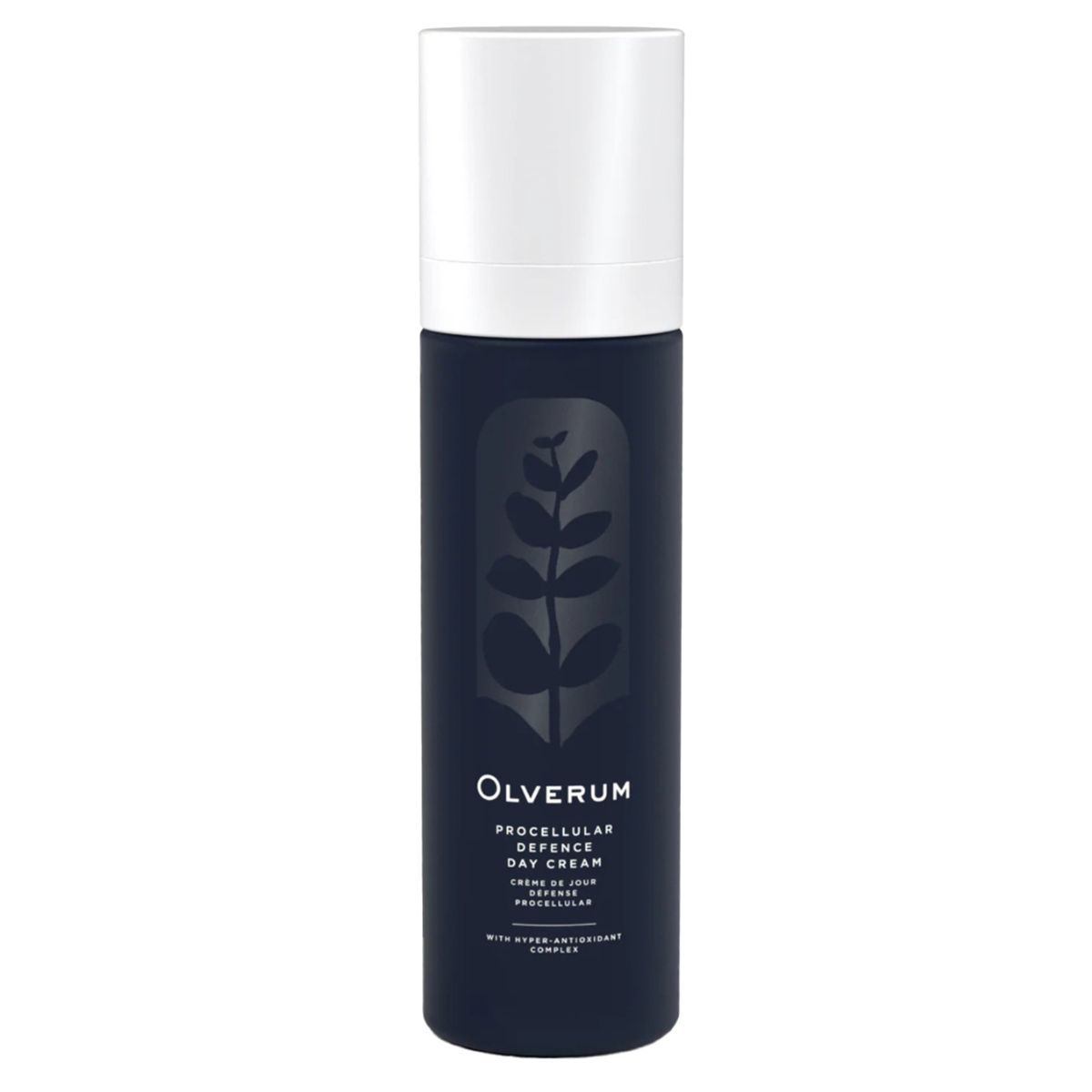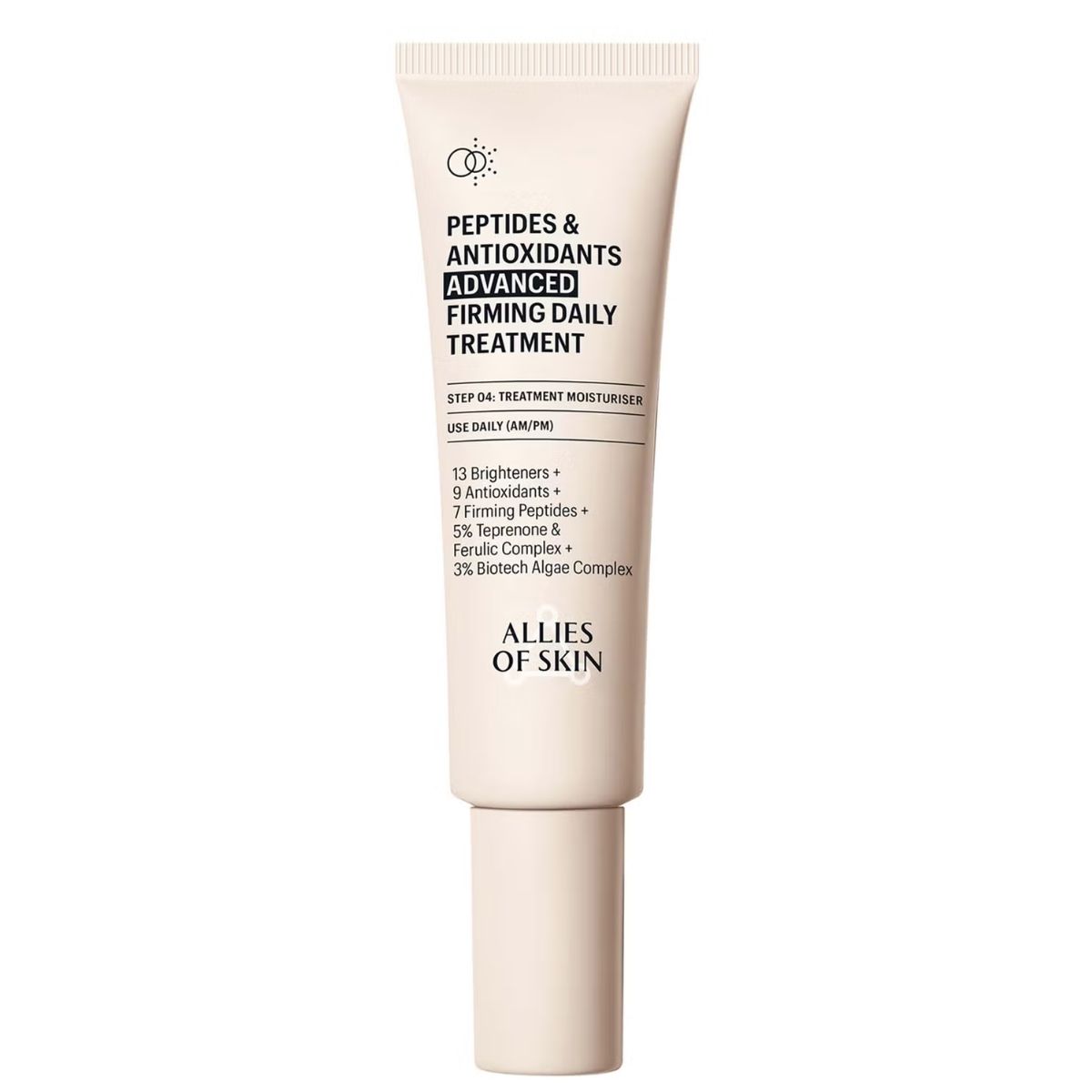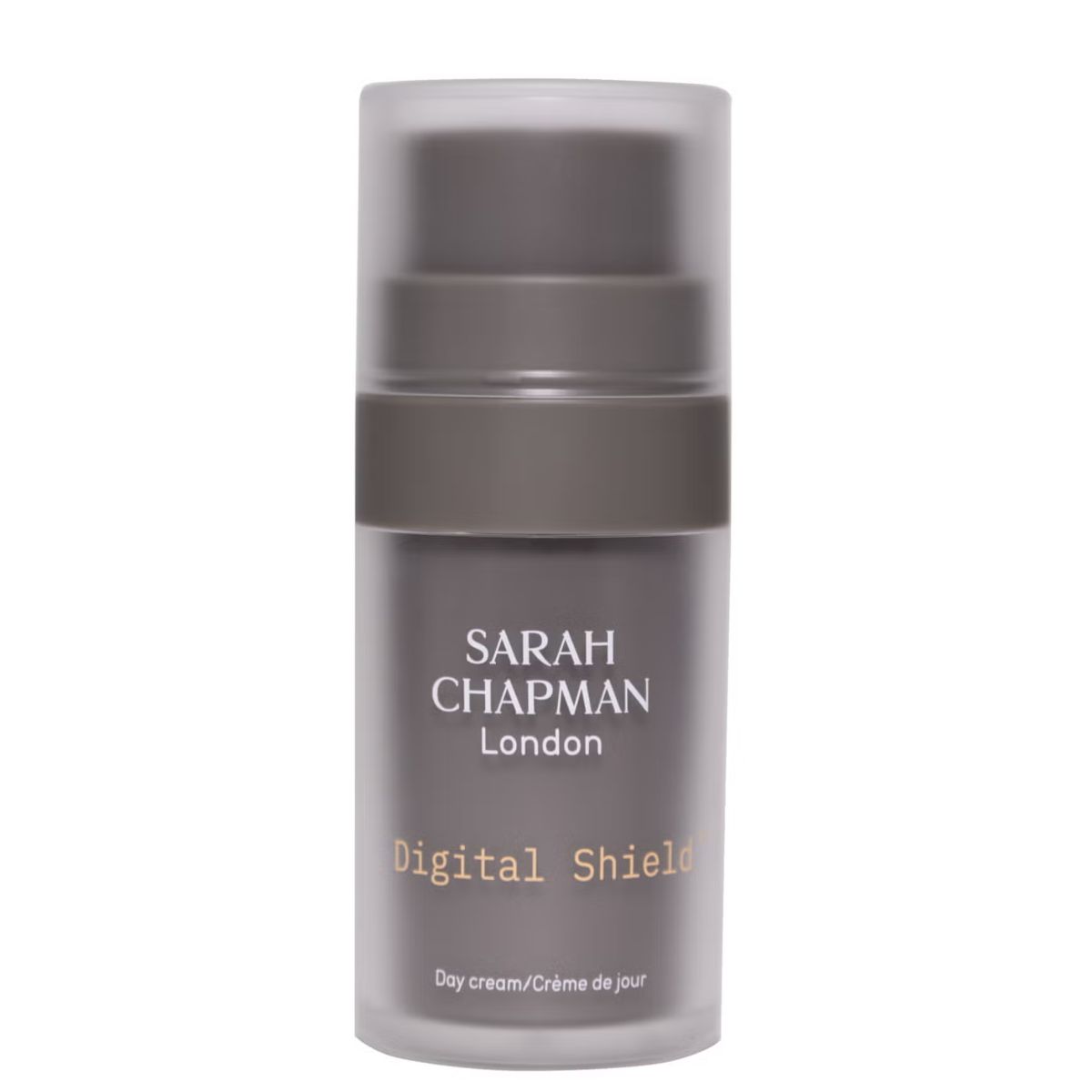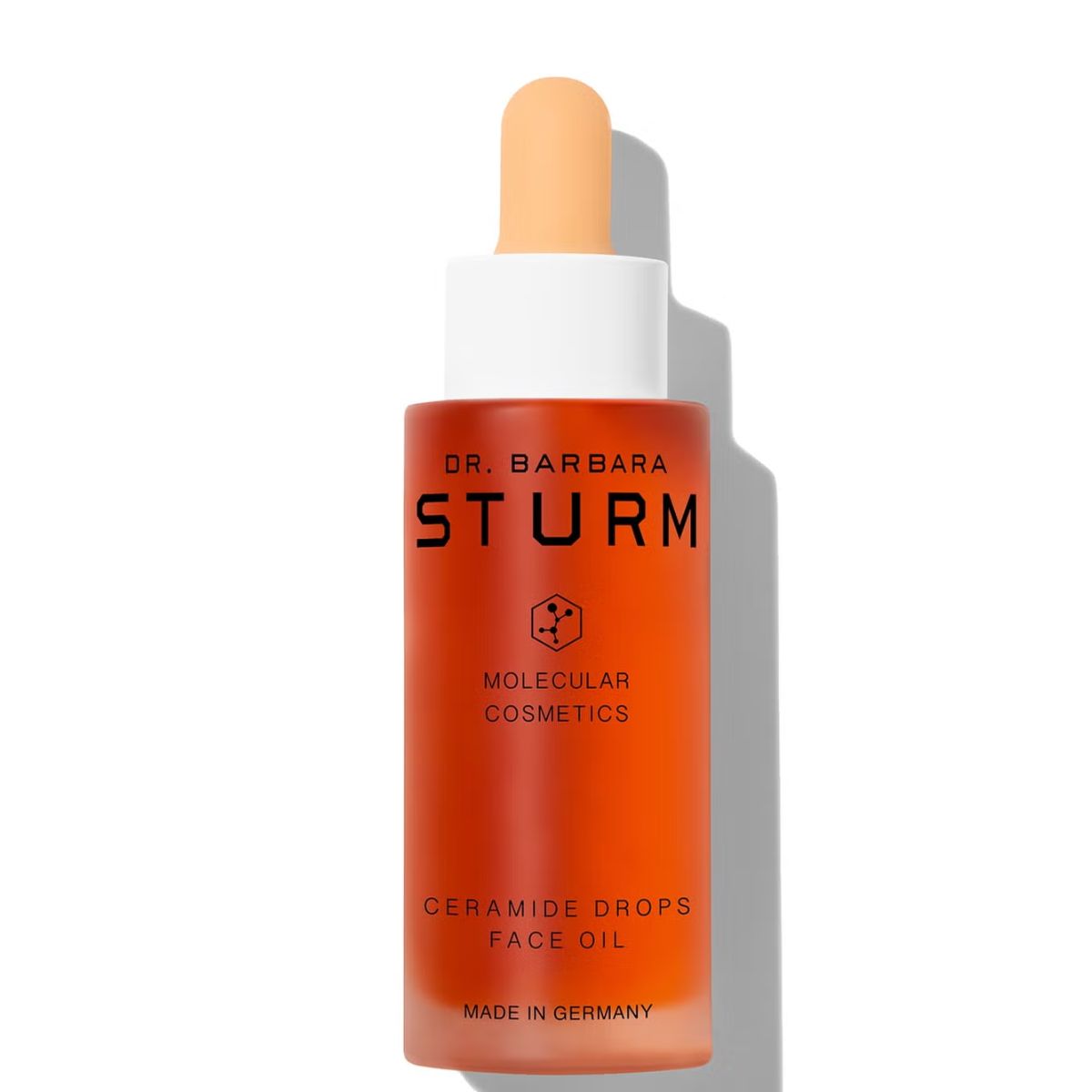Astaxanthin Is the Gentle Powerhouse Ingredient to Rival Vitamin C—Experts Explain Exactly How It Works
Get to know this hero antioxidant


Every so often, a new skincare ingredient that promises to work miracles seems to appear on our shelves. Whilst there are some that I'm convinced are purely marketing schemes and have made absolutely no difference to my tricky complexion, there are others that I desperately wish I had discovered even sooner—astaxanthin being one of them.
It's an ingredient that I only recently learned about, but immediately wanted to incorporate into my everyday routine. It functions in a very similar way to vitamin C serums, but with even more potency. If you're not familiar, I asked some experts to break it down.
"Astaxanthin is a naturally occurring carotenoid, sustainably sourced from microalgae. In the context of skincare, it offers exceptional defence against oxidative stress—the kind triggered by daily exposure to pollution, UV radiation, and digital blue light," explains Dominic Hawksley, Founder of Olverum. Facialist, skin and skincare expert Anel Lamine adds that it's "similar to vitamin C," and "although it is widely used in skincare, it can also be taken as an oral supplement."
If you're a regular user of vitamin C or you've been looking for an alternative, astaxanthin could be for you. Gentler than tretinoin and and perfect for treating post-summer pigmentation, it will work for a multitude of skin types and address some of the most common concerns. And the best thing about it is it can be found in a few of the best moisturisers, so you don't even need to add an extra step to your routine.
What is astaxanthin?
As mentioned above, "astaxanthin is a powerful antioxidant derived from algae, with a variety of skin benefits. Its main benefits are protecting skin against environmental impact, support ageing skin through reducing fine lines and wrinkles, and improving skin’s tone and texture," says Lamine.
What does astaxanthin do to the skin?
Hakwsley explains that it has four main benefits: potent antioxidant protection, support for the skin's structure, enhances skin barrier function, and improves radiance and skin tone. "It prevents the formation of free radicals with remarkable efficiency, helping to prevent premature signs of aging (astaxanthin is 6000 times more powerful an antioxidant than ascorbic acid—the basic form of vitamin C)," he says.
"By protecting collagen and elastin from degradation, astaxanthin helps maintain firmness and elasticity. It works at a cellular level to reinforce the skin’s defences, improving moisture retention and reducing vulnerability to irritation and inflammation. With regular use, it can help restore a visibly even, healthy-looking complexion." Not bad.
Celebrity news, beauty, fashion advice, and fascinating features, delivered straight to your inbox!
How does astaxanthin compare to retinol?
"Astaxanthin and retinol serve different purposes, and their suitability varies by skin type/condition and context," says Hawksley. "Retinol (a vitamin A derivative) is known for accelerating skin renewal and stimulating collagen, but it can cause irritation, dryness, or sensitivity—especially when used during the day or on delicate skin. It also increases the skin’s vulnerability to UV damage, which is why it’s typically reserved for evening use.
"Astaxanthin, on the other hand, is exceptionally skin-kind and photostable—meaning it retains its efficacy when exposed to sunlight. It doesn’t sensitise the skin and can be used safely in a daytime formula. While it doesn’t resurface the skin like retinol, it defends and mitigates the cause of damage at a cellular level, helping maintain a youthful, balanced complexion over time," he explains.
However, Lamine highlights an important point when it comes to astaxanthin: "it is unclear how powerful this ingredient is on its own; it is hard to tell as there is limited research and is often used alongside other powerhouse ingredients to support delivery to the skin."
But in spite of this, astaxanthin has notable benefits when used in moisturisers and serums, and its a hero ingredient for those with more sensitive skin types. "The beauty industry is moving towards kinder ingredients to the skin, and astaxanthin sits within this movement in comparison to retinol," notes Lamine.
It's an ingredient that I expect to see crop up in countless skincare products before long, and the benefits it provides considering how easy it is to slot into your daily routine makes it a no-brainer addition.
Shop astaxanthin skincare

"After a great deal of research, we chose astaxanthin for Olverum Procellular Defence Day Cream for its ability to fortify the skin’s resilience and enhance the efficacy of the product’s broader protective complex. It reflects our commitment to combining natural efficacy with cutting-edge science, delivering results that respect and support the skin’s natural function," says Hawksley. I use this moisturiser in the morning and it has never irritated my skin, and I've definitely noticed a boost in radiance.

This Allies of Skin cream is another staple in my morning routine, and it's the perfect final step for my skincare. With thirteen brightening ingredients (including astaxanthin), nine antioxidants, and seven firming peptides, it's a seriously powerful skincare cocktail in a smooth, hydrating moisturiser.

Amelia is Junior Shopping Editor at Marie Claire UK. With a keen eye for lifestyle trends and a focus on quality over quantity, she is very clued up on the best products and brands on the market. She previously worked as a Senior Writer for woman&home, covering everything from product reviews and nail art trends to reporting on fashion weeks and the best-dressed celebrities at red carpet events.

